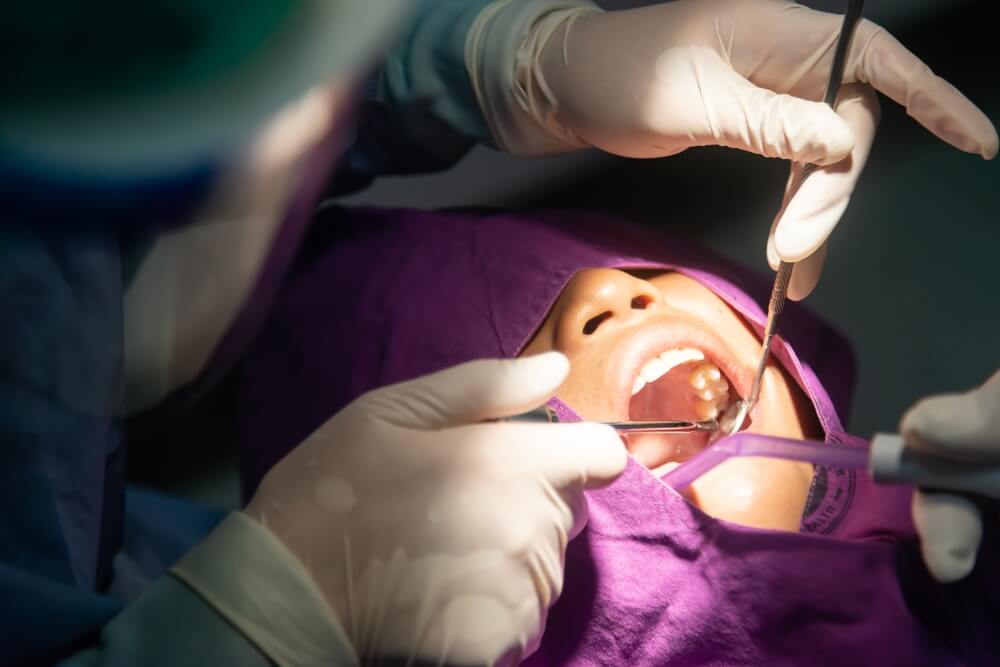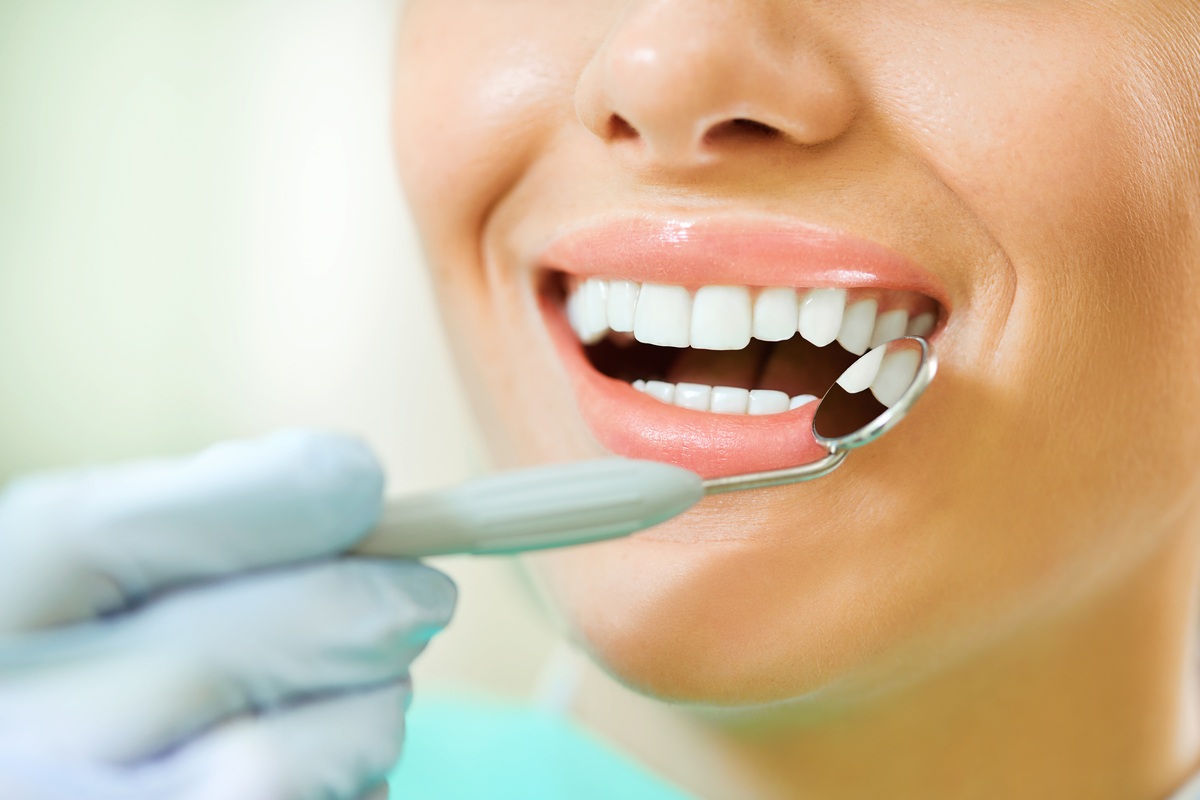Do you feel pressure or pain at the back of your mouth? This discomfort often signals an issue with your wisdom teeth. While some people experience no problems, many encounter complications like impacted teeth, swelling, or infections. Knowing when wisdom teeth removal is necessary can help you avoid long-term oral health issues. Let’s explore the key signs and risks that indicate it’s time to take action.
Understanding Wisdom Teeth
Wisdom teeth, also known as third molars, typically emerge in the late teens or early twenties. While some people’s wisdom teeth grow in perfectly aligned and cause no problems, many face issues due to the limited space at the back of the mouth. When these teeth don’t erupt properly or remain partially hidden beneath the gums, they are referred to as impacted.
Impacted wisdom teeth can lead to a host of complications, including pain, inflammation, and bacterial buildup. Understanding the signs and risks associated with wisdom teeth can help you determine whether removal is the right course of action.
When Is Wisdom Teeth Removal Necessary?
Persistent Pain and Discomfort
One of the most common indicators that wisdom teeth removal is necessary is persistent pain. If you feel a constant ache or sharp pain near the back of your mouth, it could signal that your wisdom teeth are pushing against adjacent teeth. When wisdom teeth grow sideways or at an angle, they exert pressure on surrounding teeth, leading to discomfort and potential alignment issues.
Difficulty Keeping the Area Clean
Even if your wisdom teeth emerge straight, their position at the very back of your mouth can make cleaning challenging. If only a small portion of the tooth is visible due to partial eruption, it creates a pocket of tissue that traps food particles and bacteria. Over time, this can lead to inflammation, swelling, and a condition known as pericoronitis.
Signs of this issue include:
- A persistent bad taste in your mouth
- Swelling around the affected tooth
- Red, inflamed gums
In these cases, removing the tooth is often the best solution to prevent further complications.
Impacted Wisdom Teeth
Impacted wisdom teeth can significantly affect your oral health. If they remain trapped beneath the gums or only partially erupt, they’re prone to creating pockets where food debris can accumulate. These pockets become breeding grounds for bacteria, which can cause infections, swelling, and even the formation of pus.
Leaving impacted wisdom teeth untreated can lead to more severe issues, such as:
- Damage to nearby teeth
- Cysts forming around the impacted tooth
- Chronic infections
Preventative Measures
Even if your wisdom teeth aren’t causing immediate problems, your dentist may recommend removal as a precaution. This is particularly true for younger individuals, as removing wisdom teeth earlier in life often results in a quicker recovery and fewer complications. Waiting until later can increase the risks associated with surgery, such as slower healing and potential nerve damage.
What Happens If You Don’t Remove Problematic Wisdom Teeth?
Ignoring problematic wisdom teeth can lead to significant oral health challenges. For example:
- Tooth decay: Partially erupted wisdom teeth are hard to clean, making them more susceptible to cavities.
- Gum disease: The pockets of tissue around partially erupted teeth can harbor bacteria, increasing the risk of periodontal disease.
- Crowding and misalignment: Impacted wisdom teeth can push against neighboring teeth, disrupting their alignment.
Regular dental checkups are crucial for monitoring wisdom teeth and catching issues early.
Can Wisdom Teeth Ever Stay?
Not all wisdom teeth need to be removed. If your wisdom teeth emerge straight, fully erupt, and you can clean them thoroughly, they might not pose any problems. However, maintaining these teeth requires diligent oral hygiene and regular dental checkups to ensure they remain healthy and free of decay or infection.
Final Thoughts

Wisdom teeth removal is often necessary when they cause pain, are impacted, or become difficult to clean. Persistent discomfort, inflammation, and bacterial buildup are signs that it’s time to consult your dentist. While some wisdom teeth can remain if they grow in properly, most people benefit from their removal to prevent future oral health problems. Regular dental visits and proactive care are key to maintaining a healthy smile. Contact Indian Trail Dental Studio today to discuss your wisdom teeth and ensure your oral health remains in top condition.



